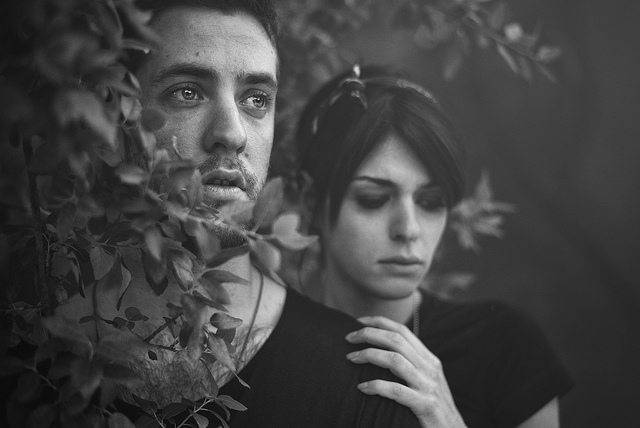Coping with the death of a loved one by suicide presents challenges unique from other forms of bereavement.
In addition to shock and despair, you may also have to deal with resentment, blame and guilt. This can produce a rollercoaster of emotions, and leave you feeling as though you will never recover. You may even experience suicidal thoughts yourself.
There is no one way to grieve: everyone is different. This article details some emotions that you may experience during suicide bereavement, as well as some methods of managing your own grieving process.
Remember, Clarity Road is not a professional counselling service. The below information is advice from experience only. If you are in need of assistance, call Lifeline on 13 11 14.
Grief
While everyone experiences grief in a different way, Cruse Bereavement Care identify confusion, guilt and anger as particularly common among those coping with suicide bereavement.
Confusion
The big question, “Why?” is always at the heart of our initial reaction to suicide. Regardless of whether a note was left by the victim, there will always be unanswered questions: it may seem like your loved one had everything to live for.
Remember that suicide rarely makes sense to those left behind. Rather than searching for a reason, try to accept that you can never know what was going on in your loved one’s mind. As difficult as this can to swallow, it is also a necessary step in moving on.
Guilt
How could I have helped? Did I do something wrong? Why didn’t they come to me?
These burning questions are natural for any loved one of a suicide victim. We can’t help but dwell on the “If only” scenarios, even when there was very little you could have done. Keep in mind that there is no single person or event that can be blamed for suicide. Make peace with your actions and accept that there is no going back.
Anger
When someone takes their own life, it is natural to experience anger and resentment.
How could they cause you this pain? How could they leave you to fight without them? What about your future together?
Coping with anger is complex. Despite the despair that anger can produce, try to remember that the deceased was not trying to hurt you directly through their actions. Although you may feel abandoned or victimised, don’t let these emotions taint your memory of your loved one. Your anger is ultimately an outlet for the grief you feel for their loss.
What you can do
Above all else, coping with suicide bereavement requires self-love, acceptance and patience.
Make time for yourself
Without an outlet, grief can rule your emotions and leave you feeling constantly drained. Create some time to cry, scream and let it all hang out. Allowing yourself to grieve is a brutal but necessary step in moving on from suicide.
Celebrate your loved one
Suicide can make you feel awkward about celebrating your loved one’s life and accomplishments. Simply, don’t let it. Share your memories and remember the good times. This will help you remember that they were surrounded by love, and help you to heal.
Give your feelings an outlet
When bottled up, thoughts and emotions can soon get the better of you, and may lead to depression and anxiety. Reduce their impact by letting your feelings out through blogging, writing in a journal or even singing about your experience. By expressing your emotions in a productive way you will regain your sense of control.
Get moving
Exercise releases endorphins – a guaranteed natural pick-me-up. But more importantly, exercise gives you the chance to smash out some of that anger or confusion you may be feeling. Best of all, physical activity will make your body tired and help you fall asleep at night. When coping with suicide bereavement, some shut-eye can be hard to come by.
Treat yourself
Although smiling, laughing and doing what you love may feel like a betrayal of your loved one’s memory, remember that all they would have wanted is for you to be happy. Life must resume some time, and doing the things that you enjoy will help you on your road to recovery.
Don’t rush big choices
Bereavement can cloud our judgement. Although you may feel energised in certain moments and think you are seeing the situation clearly, the opposite may well be true. Avoid making big choices like throwing away your loved ones possessions or even getting a commemorative tattoo too soon. They may be tarnished by regret. Instead, take your time and make sure that any decision you make is one with clarity.
Surround yourself with family and friends
When a loved one takes their own life, we automatically reflect on our own life purpose as well. This intense introspection melded with grief makes suicide bereavement a potentially emotionally harmful process. It is important to remember that you aren’t alone. Share your thoughts, memories and concerns with family and friends – chances are they are feeling exactly the same way.
Seek professional support
Although friends and family provide a solid support network, sometimes this simply isn’t enough. You may feel isolated, or think that you need to keep it together for the sake of those around you. Make sure that you take care of yourself. Have a chat with a counsellor at Lifeline or beyondblue, or find a professional in your area through Lifeline’s service finder.
There are also several organisations out there dedicated to survivors of suicide like Support After Suicide, as well as many online resources available.



